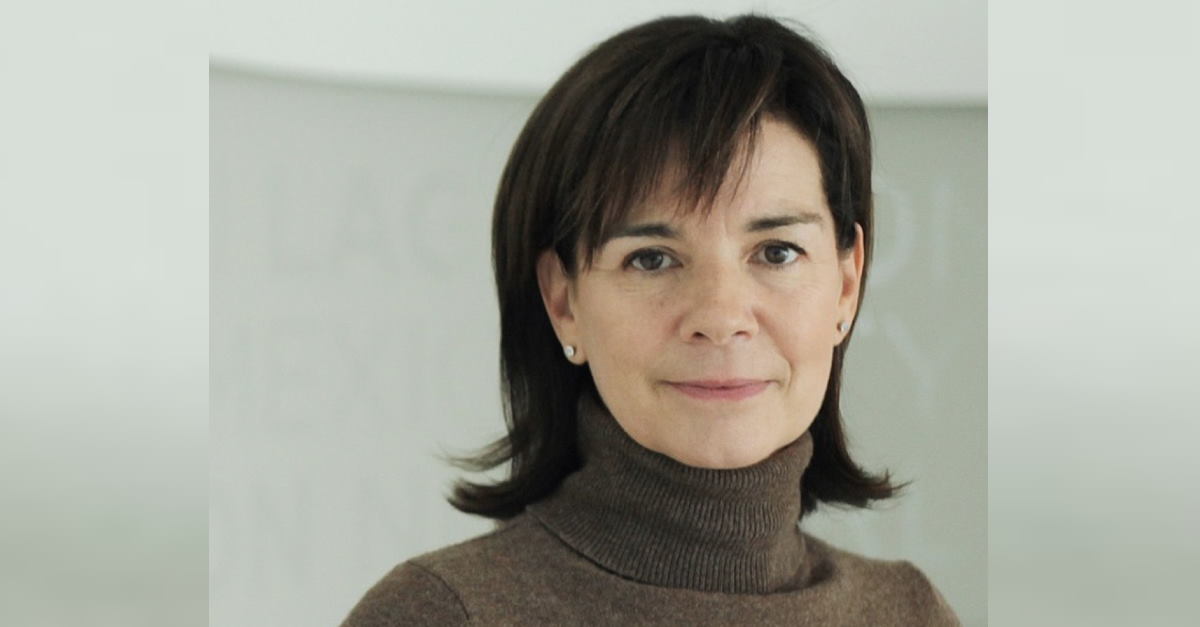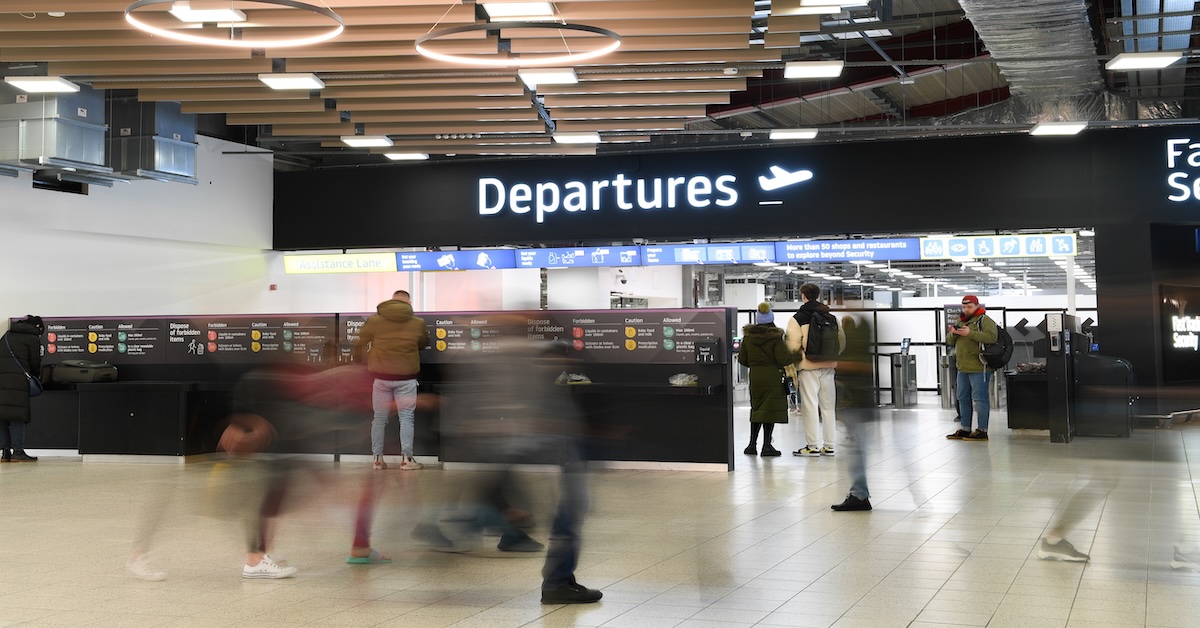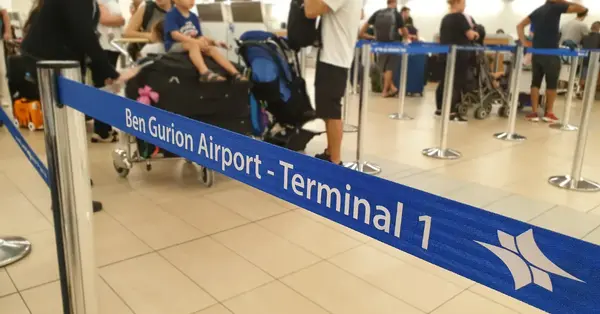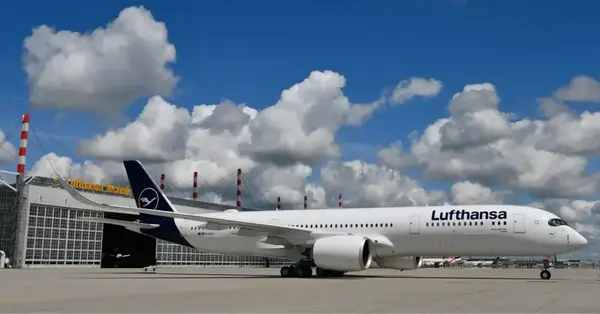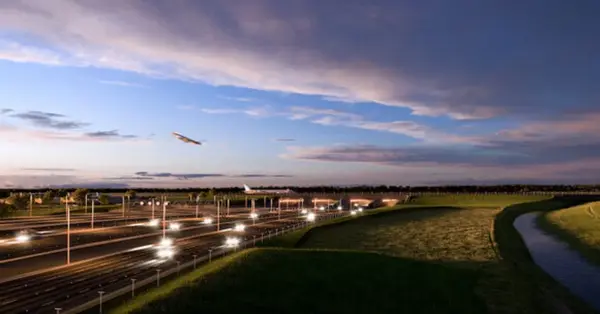You are viewing 1 of your 2 free articles
Global tourism body calls for ‘bold action’ on sustainable fuel
The World Travel & Tourism Council (WTTC) has urged governments to make it a priority to increase the production of sustainable aviation fuel (SAF).
The global tourism body, which published a white paper today (Monday, May 22), warned that a major climate goal will be missed without urgent action.
WTTC president and chief executive Julia Simpson said: “It is time for governments to take bold action and prioritise the production of sustainable aviation fuel. We are calling on all governments to act now.”
More: Government urged to collaborate on net zero to ‘revolutionise’ aviation
The body said that without “meaningful quantities” of SAF, the aviation sector will fail to decarbonise enough to meet its target of reaching net zero emissions by 2050.
At the moment, SAF production rates are lagging behind demand and prices remain high, the WTTC said, with Simpson adding that current production “only meets 0.1% to 0.15% of requirement”.
To address this “massive gap”, the WTTC is calling on governments to deliver three actions: provide strong incentives to encourage investment in SAF production, including tax credits, grants or other financial incentives; work with the sector to set ambitious SAF production targets; coordinate actions through the International Civil Aviation Organisation (ICAO), the specialised UN agency for aviation, to ensure global uniformity in SAF regulations, sustainability standards, procedures, and organisation.
Simpson said: “The demand for SAF has never been higher – airlines all over the world want to use SAF and have used every molecule ever made.
“However, current SAF production only meets 0.1% to 0.15% of requirement, despite a 200% increase in production in 2022 vs 2021. This leaves a massive gap that can only be filled through rapid and sustained investment.
“At today’s prices, SAF is on average three to five times more expensive than traditional fossil fuels. Governments must address this cost disparity by providing financial support and incentives to make SAF more accessible and affordable. Without those targets and without those incentives, the sector cannot decarbonise.
“The G7 leaders have an opportunity this week to deliver critical leadership on this issue by following up on the commitment of their climate, energy and environment ministers to accelerate efforts to decarbonise the aviation industry, including through the promotion of SAF. Turning the words of a communique into concrete policies to scale up SAF production would give aviation’s decarbonisation a critical boost.”
The WTTC pointed to the United States as being home to a successful incentive programme. It said the Inflation Reduction Act – which created tax incentives for SAF production through the Tax Blender Credit – was already bearing fruit.
The WTTC also highlighted that the International Air Transport Association (IATA) recently launched a new policy aimed at accelerating SAF production.
Photo: Julia Simpson, WTTC president and chief executive

